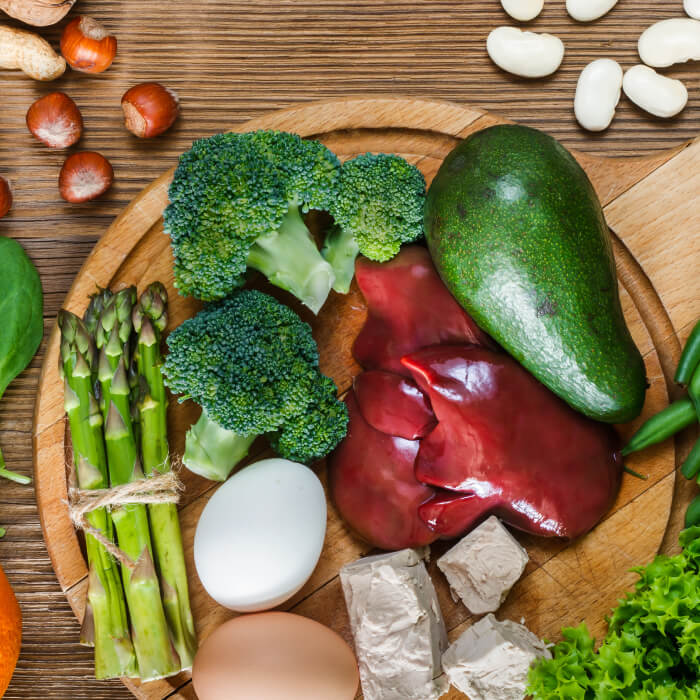NVE protects DHA from oxidation – DHA is an important building block that supports brain development, but is vulnerable to oxidative damage. NVE can be likened to a sentry guard, protecting DHA from oxidation, together with lutein.
Brain Development
Early brain development is sensitive to a baby’s nutrition. Recent science shows Natural Vitamin E plays an important role in supporting normal brain development and function.
Early brain development is sensitive to a baby’s nutrition. Many different nutrients are needed to fuel the rapid growth of your little one’s brain, including DHA, AA, choline, taurine and lutein.
A recent discovery has been made about the important role of vitamin E in supporting normal brain development and function.



